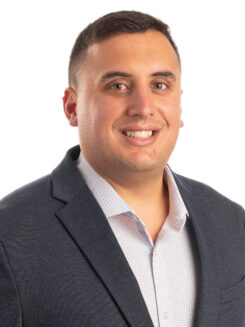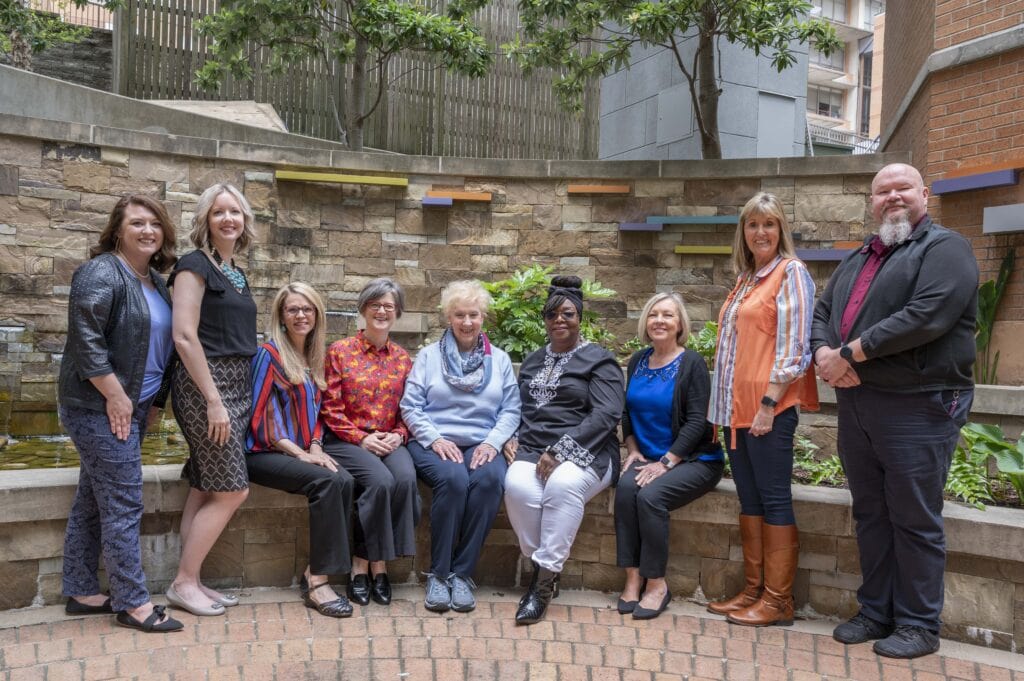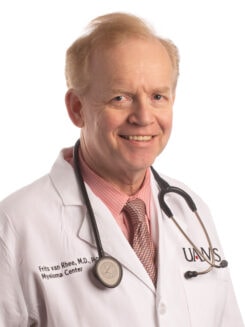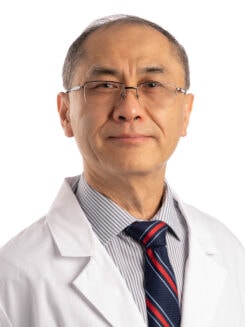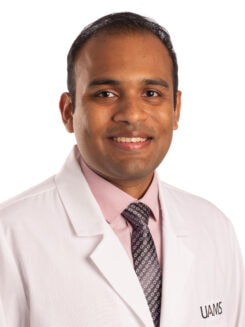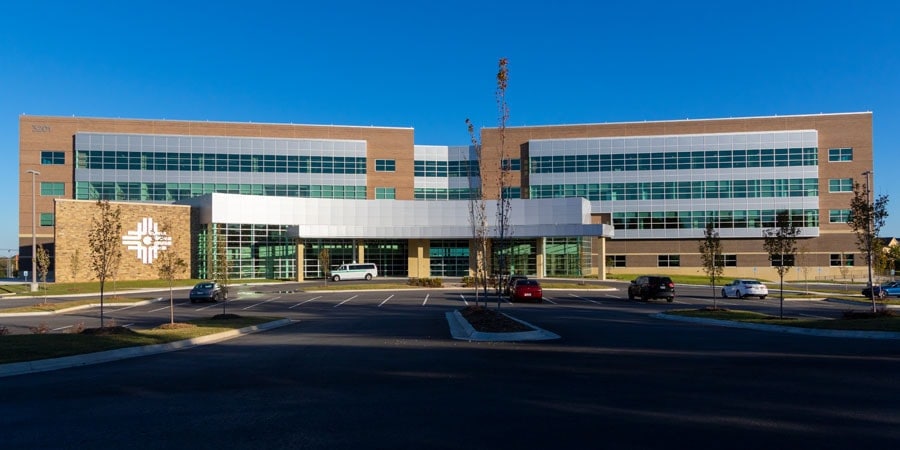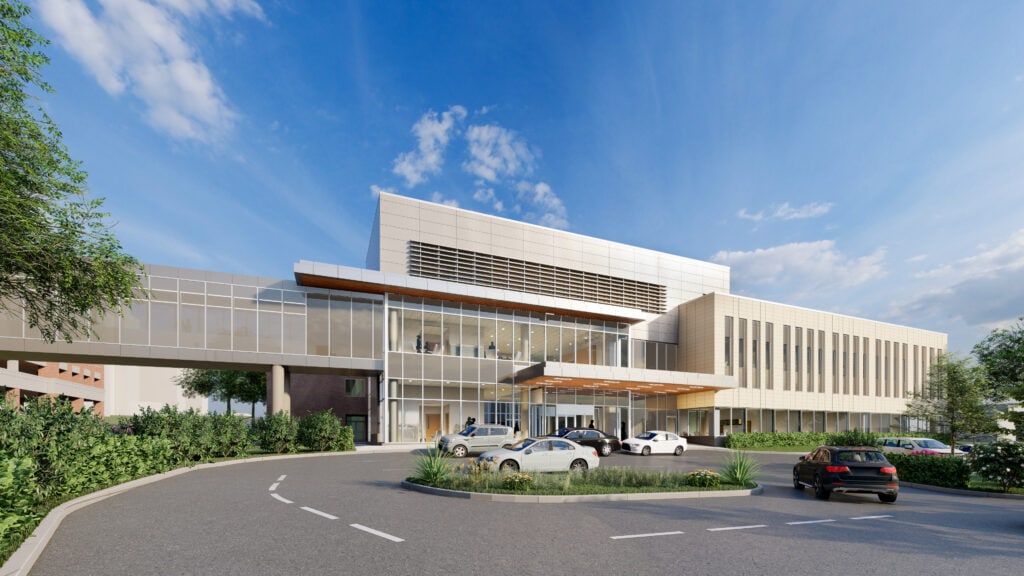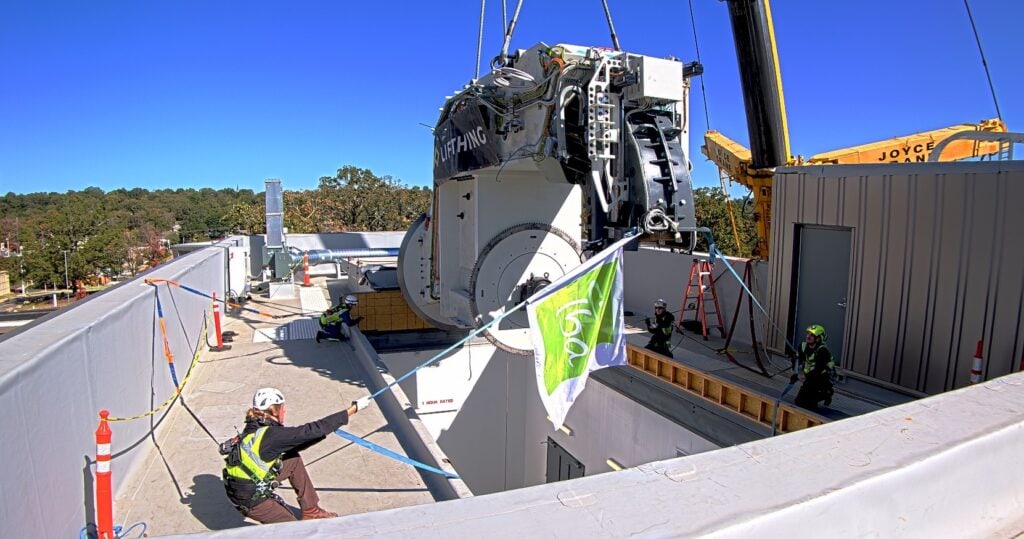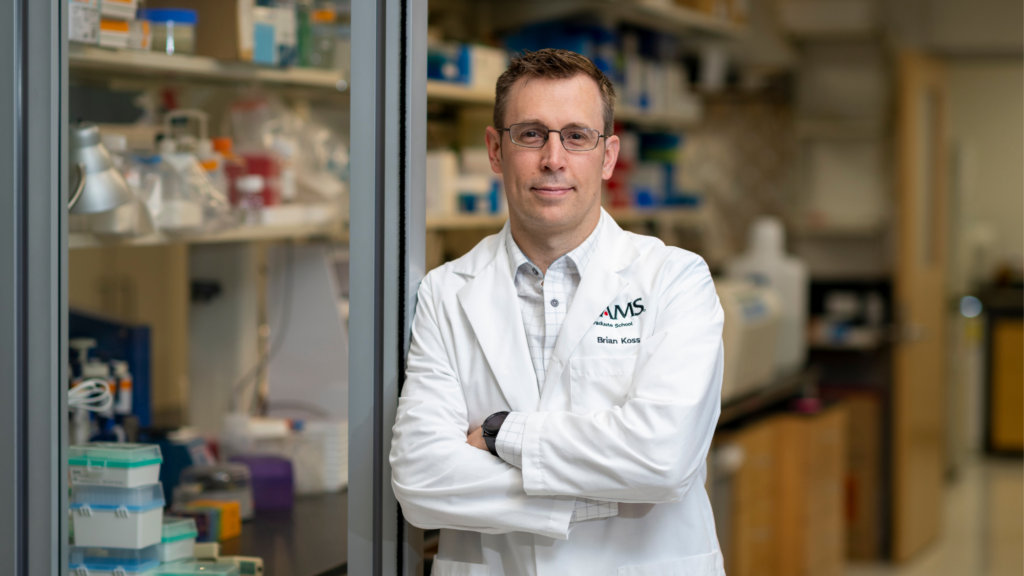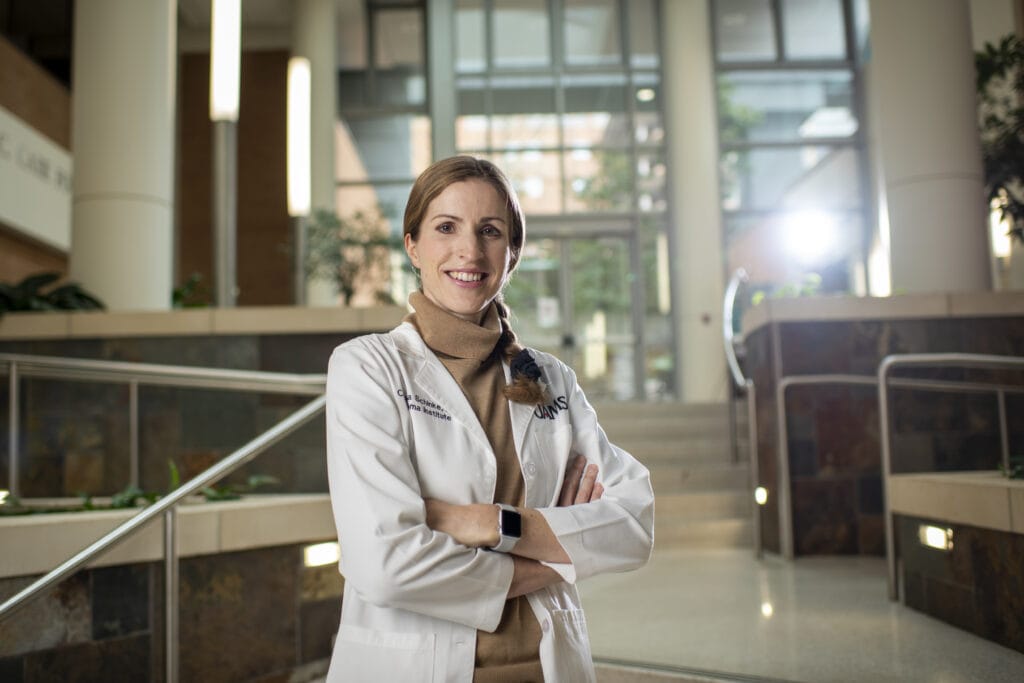
Clinical Trial for Drug to Battle Myeloma Underway at the UAMS Myeloma Center
Carolina Schinke, M.D., is leading a clinical trial at the University of Arkansas for Medical Sciences (UAMS) Myeloma Center to study the effectiveness of a new myeloma-fighting drug, talquetamab.
The trial is titled “A Phase 1/2, First-in-Human, Open-Label, Dose Escalation Study of Talquetamab, a Humanized GPRC5D x CD3 Bispecific Antibody, in Subjects with Relapsed or Refractory Multiple Myeloma.” Through it, researchers will study the response rates to talquetamab, a bispecific antibody. Schinke and other researchers are studying how effective the drug is, what the response rates are and how long they last.
Bispecific antibodies like talquetamab act as connectors, collecting and binding a myeloma cell with a specific marker to one side and a T-cell to the other, bringing the two together so the T-cell become highly activated and kill the myeloma cell. The specific marker on the myeloma cells that talquetamab targets is called GPRC5D.
Eight patients at the Myeloma Center, part of the Winthrop P. Rockefeller Cancer Institute, are currently taking part in the trial and receiving treatments every other week, while another four are in the process of enrolling. The international phase II trial, held at UAMS and other locations around the U.S. and in Europe, will have 60 patients enrolled in it.
Like the new CAR T-cell therapy treatment, talquetamab is best suited for relapsed patients who have exhausted all of their previously available treatment options and whose disease has progressed despite having been through at least three treatment lines.
“With the CAR T-cell treatment, we only have one company so far that’s been approved to offer it, it’s not easy get and the T-cells need to be collected and genetically manipulated, so the patient has to wait six weeks before they can even begin treatment,” Schinke said. “Those who are in dire need can’t wait that long.”
“There are other bispecific antibodies in clinical trials, but they target other markers, including BCMA on myeloma cells,” Schinke said. This is the first antibody targeting GPRC5D.
So far, about 70% to 80% of the patients are responding well to talquetamab, and the drug’s side effects appear to be mild. Those side effects may include a cytokine release syndrome in particular during early injections, low blood counts and potential damage to normal cells that produce GPRC5D, such as hair follicles and fingernails.
“All the patients we’ve enrolled have had a response, but early trial data has shown that this is unfortunately not going to be a cure,” Schinke said. “It’s just a matter of seeing how long it will last.
“All of the patients in the trial will be followed until their disease progresses. While talquetamab is the sole treatment in this clinical trial, efforts to combine it with other drugs in the future are already underway,” Schinke said.

